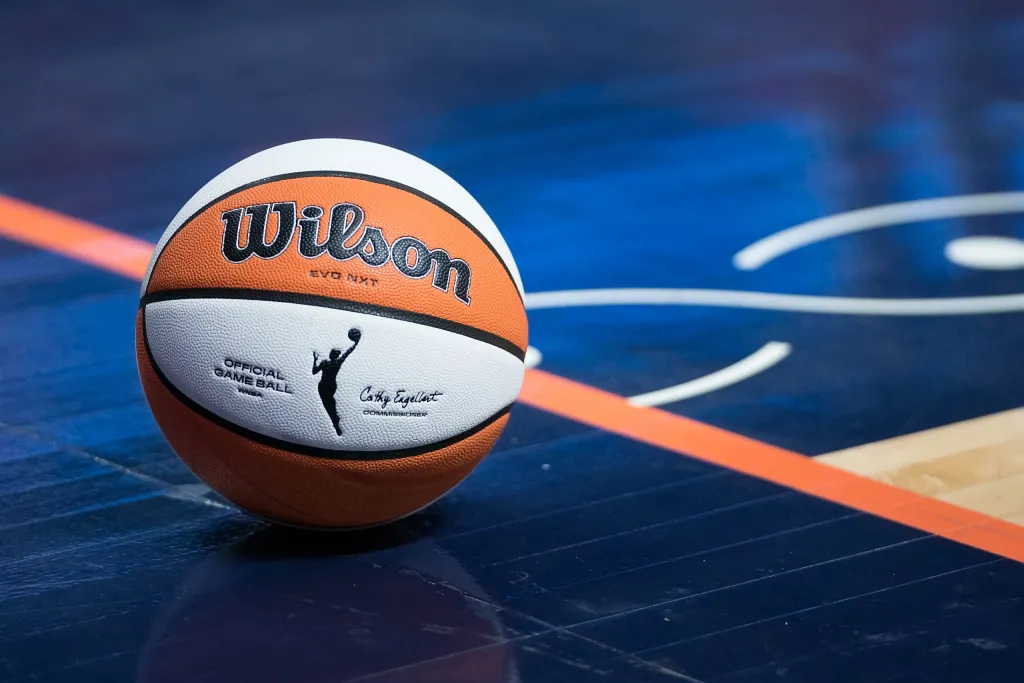
In a parallel world, the WNBA, while celebrating its growing popularity and expanding fan base, faces a stark reality: many of its players are struggling financially, leading to a concerning rise in the number of athletes supplementing their incomes through platforms like OnlyFans. While the league continues to make strides, the disparity between WNBA salaries and those of their male counterparts in the NBA remains vast, pushing some players to seek alternative income streams, even those traditionally considered outside the realm of professional athletics.
Several anonymous WNBA players, speaking on condition of anonymity due to potential league repercussions, confirmed the growing trend. They cited low salaries, limited endorsement opportunities, and the lack of guaranteed contracts as contributing factors. While the WNBA offers benefits and a pension plan, these often fall short of meeting the financial demands faced by professional athletes who may need to cover medical expenses, travel costs, and the everyday expenses of living.
“It’s not glamorous, but it’s a way to make ends meet,” one player shared. “We pour our hearts and souls into this sport, but it’s not enough to live comfortably on. OnlyFans allows us a degree of financial independence that the league doesn’t provide.”
The emergence of this trend highlights a critical issue within women’s professional sports: the persistent gender pay gap. While the WNBA has seen significant improvements in recent years, the average WNBA salary is still significantly lower than the average NBA salary. This disparity is further exacerbated by the limited sponsorship and endorsement opportunities available to female athletes compared to their male counterparts.
The league itself has not yet issued a formal statement regarding the increasing number of players using OnlyFans. However, the situation raises questions about the league’s responsibility to its players’ financial well-being and the potential impact on the image of the league. Some argue that the league should actively address the pay disparity and explore avenues for increased revenue sharing to better support its players.
Others contend that players should have the autonomy to pursue supplemental income streams as they see fit. The use of OnlyFans, while controversial, underscores the urgent need for a more equitable and sustainable financial model within the WNBA. The debate promises to be a complex one, balancing the players’ right to financial security with the league’s broader image and potential sponsorship concerns. The ongoing discussion necessitates a frank conversation about the systemic inequalities that continue to plague women’s professional sports.